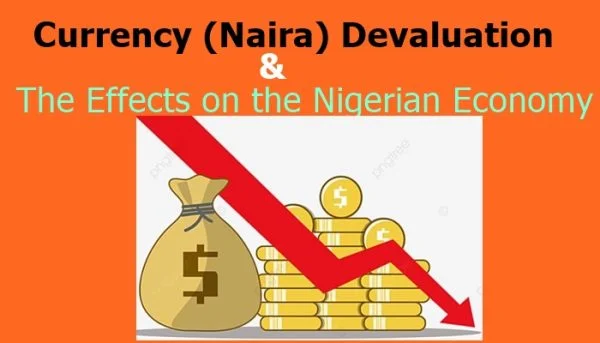Another controversial policy of the Tinubu administration is the unification of Nigeria’s exchange rate, aimed at attracting foreign investors and stabilizing the economy. While this economic reform has been praised by some financial experts for its potential to close gaps between the official and parallel markets, the immediate effects on the Nigerian populace have been devastating. The naira’s devaluation has made imports more expensive, driving inflation further and putting basic goods and services out of reach for many Nigerians.
Nigeria relies heavily on imports for fuel, food, and medicine, and the sharp decline in the naira’s value has sent the prices of these essential goods soaring. Families now struggle to meet basic needs, and businesses reliant on imported raw materials are experiencing significant financial strain. “We can’t continue like this,” said a Lagos trader in a recent street interview, explaining that the devaluation had doubled her costs overnight.
Citizens are growing increasingly frustrated by the APC’s reliance on free-market solutions without adequate planning for Nigeria’s structural challenges. Many economists have criticized the administration for implementing currency reforms without first boosting domestic production or providing financial support to the most vulnerable groups. With businesses struggling and inflation rising, public confidence in the government’s ability to manage the economy is waning.
Social media platforms have become hubs of activism, where citizens post stories of financial hardship and demand policy reversals. Yet, government officials argue that these reforms are necessary for long-term economic stability. President Tinubu has appealed to Nigerians to remain patient, promising that the nation will “reap the rewards of these tough decisions in due time,” but the public’s patience appears to be running thin.




















